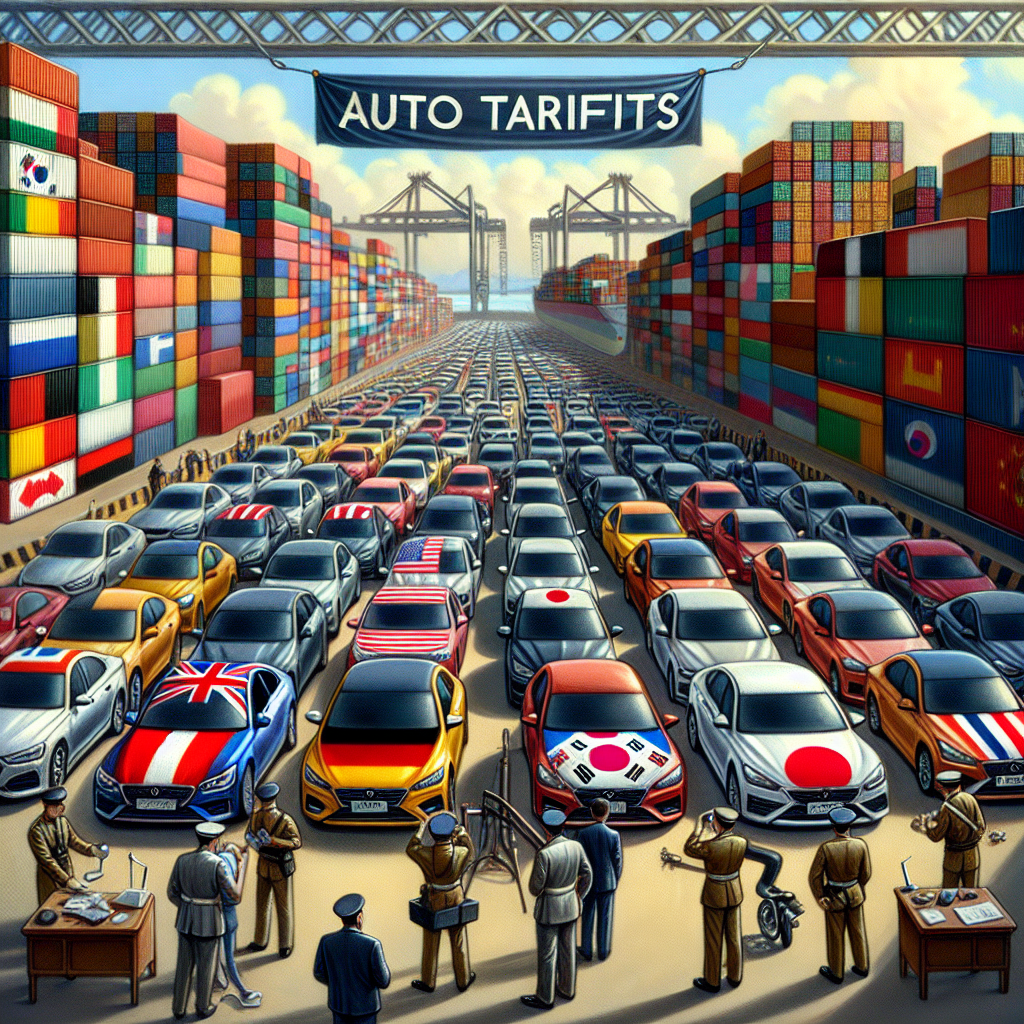Trade Wars: Turmoil and Tactics of Tariffs
A week of upheaval caused by President Trump's tariffs continued as financial markets and global leaders grappled with the trade war's impact, especially on relations with China. U.S. Treasury Secretary Bessent attempted to mitigate concerns by highlighting potential trade negotiations. Uncertainty persists, with global markets and oil prices experiencing declines.

In a turbulent week sparked by U.S. President Donald Trump's tariffs, global financial markets struggled to find stability as world leaders deliberated over responses to the altered trade landscape. Trump's temporary pause on some tariffs did little to quell fears of recession and further tit-for-tat retaliation, especially with China, the world's second-largest economy.
Despite the chaos, U.S. Treasury Secretary Scott Bessent sought to reassure by revealing that over 75 countries hoped to engage in trade talks, a sentiment echoed by Trump regarding potential deals with China. The persistent uncertainty has contributed to volatile market behavior unseen since the early COVID-19 pandemic days.
Global markets wobbled, with the S&P 500 index falling 3.5 percent, while Asian markets followed suit. Oil prices faced their second consecutive week of decline. Meanwhile, European Union's temporary counter-tariff pause offers a brief respite but highlights the ongoing discord among major trade partners amid Trump's assertive tariff strategy.
(With inputs from agencies.)
ALSO READ
India's Export Resilience Amid Global Trade Challenges
Goldman Sachs Exceeds Expectations Amid Market Turmoil
China's Export Triumph: Navigating Global Trade Challenges
Market Turmoil: Yen Woes and U.S. Wrestling with Inflation, Tariffs & Interest Rates
Trump's New Tariff Battle: High Stakes for Global Trade










